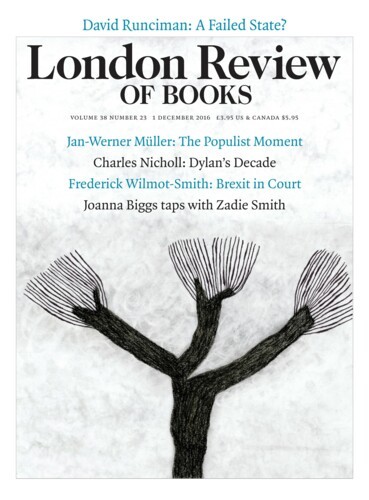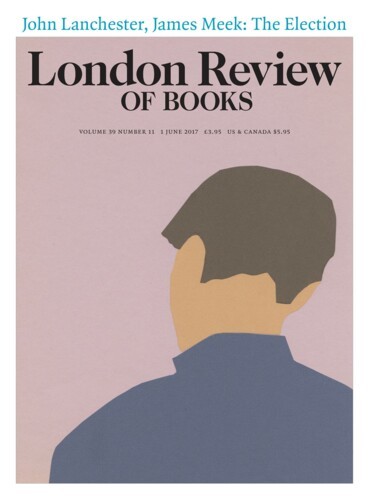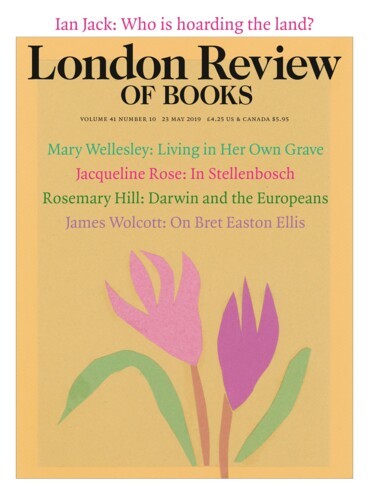Europe’s Sullen Child: Breurope
Jan-Werner Müller, 2 June 2016
Far from concentrating minds, Brexit has been treated as yet another distraction in an EU facing multiple threats of disintegration. At last autumn’s summit meetings, convened to address the refugee crisis, other member states made clear their view that dealing with the UK was like trying to manage a narcissistic child. Ten years ago, London might have had a different vision for Europe and been taken seriously, even rallied other member states. Now Britain is seen not just as inward-looking, but as selfish and sullen. Cameron has removed the UK from the project of determining the Union’s future as a whole.





